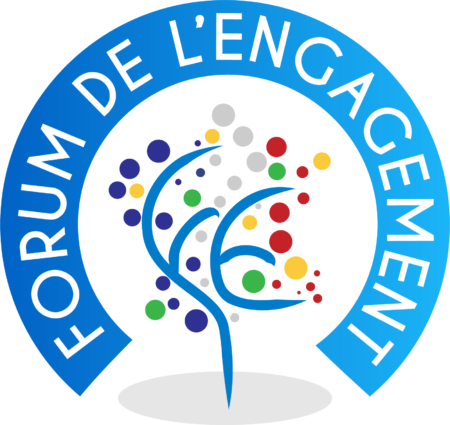Around the world, our lawyers give free (pro bono) legal advice to promote the rule of law and increase access to justice, particularly for children and asylum seekers.
We deliver almost 230,000 hours of pro bono legal advice each year, making us one of the world’s largest providers of pro bono legal services.
We work with six types of pro bono clients:
- individuals who cannot afford a lawyer or access legal aid
- non-governmental organisations such as associations, charities and foundations
- UN agencies
- social entrepreneurs
- academic institutions
- least developed or (or in some cases) developing countries
Our pro bono culture
Working pro bono is a vital part of our culture, and central to fulfilling our purpose to make business, and the world around us, better. We believe that pro bono projects are key to developing the skills and experience of lawyers, and we want to ensure that all our lawyers have an opportunity to explore pro bono work. We expect our lawyers to contribute between 25 and 65 hours minimum to pro bono projects annually, depending on the region they’re based in.
Pro bono work also plays a key role in supporting our S&ESG agenda. It helps our lawyers reflect on their role in society, increase their awareness of the challenges disadvantaged people face, and consider the broader social context of their work.
Beyond our own firm, we are working to promote and stimulate the growth of pro bono legal work around the world. This includes holding events for law students, training other lawyers and working with bar associations to raise awareness.
Focus areas
Our pro bono practice focuses on three areas: supporting climate justice and conservation, protecting the rights of vulnerable people and supporting equality and good governance.
In 2020/21 we significantly progressed our strategy on Forcibly Displaced People, and we launched new streams of work around the climate crisis and gender-based violence. Other highlights include the launch of a new project to support the economic development of the world’s least developed countries, and IRIS Represents, a project to boost our work to support the LGBTI+ community.
Our response to COVID-19
COVID-19 had a significant impact on our pro bono work. When the first wave of the pandemic hit in early 2020, we moved all our clinics, programmes and courses online. Many of our front-line service providers were unable to continue their work and COVID-19 has forced us to rethink how we deliver some of our pro bono programmes. In some instances, it has given us an opportunity to reach new audiences and explore new models. For example, we are currently teaching a new online pro bono course in Fiji.





